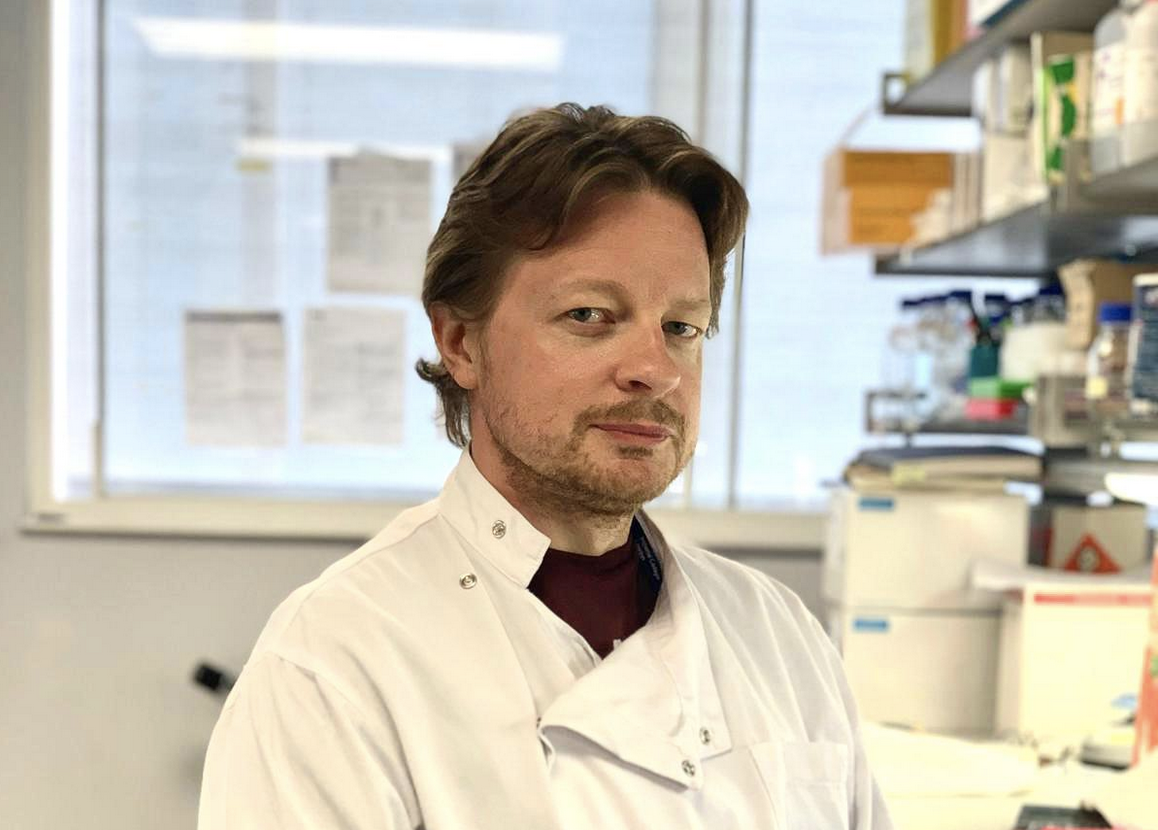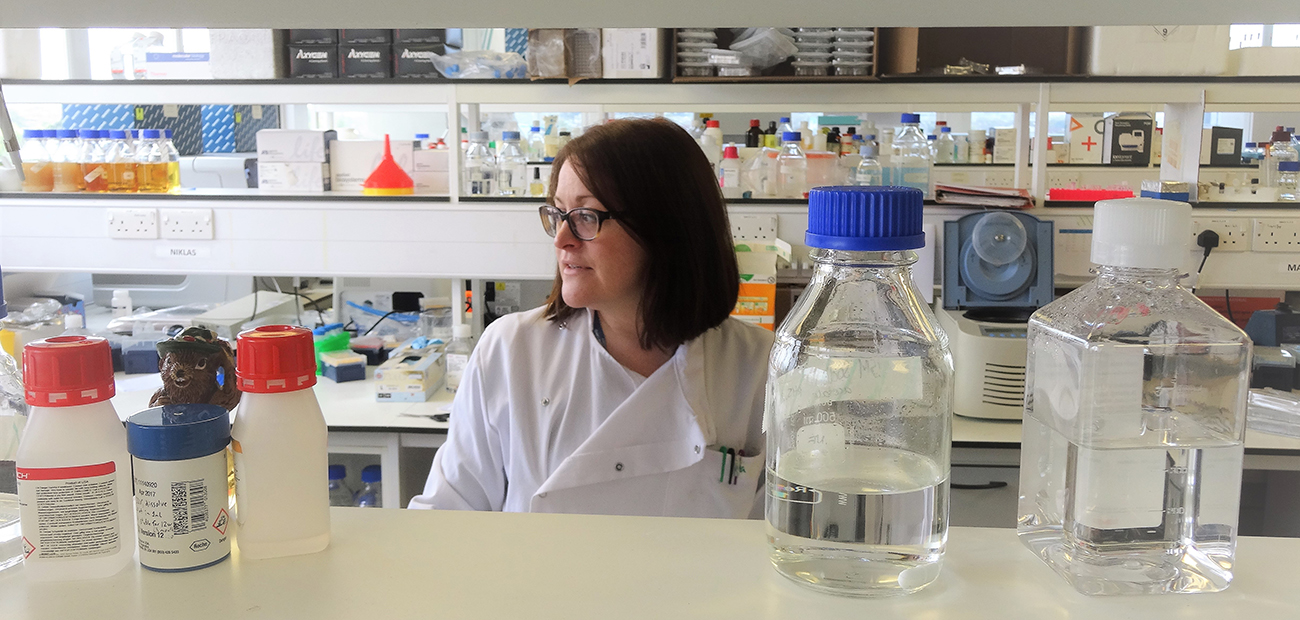
Every year on 17 April, World Haemophilia Day is recognised worldwide to raise awareness of haemophilia, von Willebrand Disease, and other inherited bleeding disorders. From his early days in lecture halls to his current work in research labs, Dr. Tom McKinnon, Senior Lecturer in the Department of Immunology and Inflammation, shares his expertise. He unravels the complexities of Von Willebrand factor (VWF), advocating for greater awareness of this commonly misunderstood condition.
I can vividly recall an early morning undergraduate lecture I attended over 20 years ago now (has it really been that long?!). In a slightly hungover state, I listened to the lecturer describe a protein that helps blood cells stick together (clot) when you bleed called Von Willebrand Factor and Von Willebrand’s disease – a common inherited condition that can make you bleed more easily than normal. At the time, I didn’t think much about it, but two years and a BSc later, I found myself at Imperial undertaking a PhD investigating the structure and function of VWF, beginning my scientific journey into the world of the largest protein found in the blood, and in my humble opinion, the most fascinating.
Circulating around the body, VWF is like a giant molecular ball of string that responds to the force of blood flow. When we damage our blood vessels, this ball of string sticks to the damage site, and unwinds and begins to capture platelets that are speeding past, thereby limiting blood loss.
